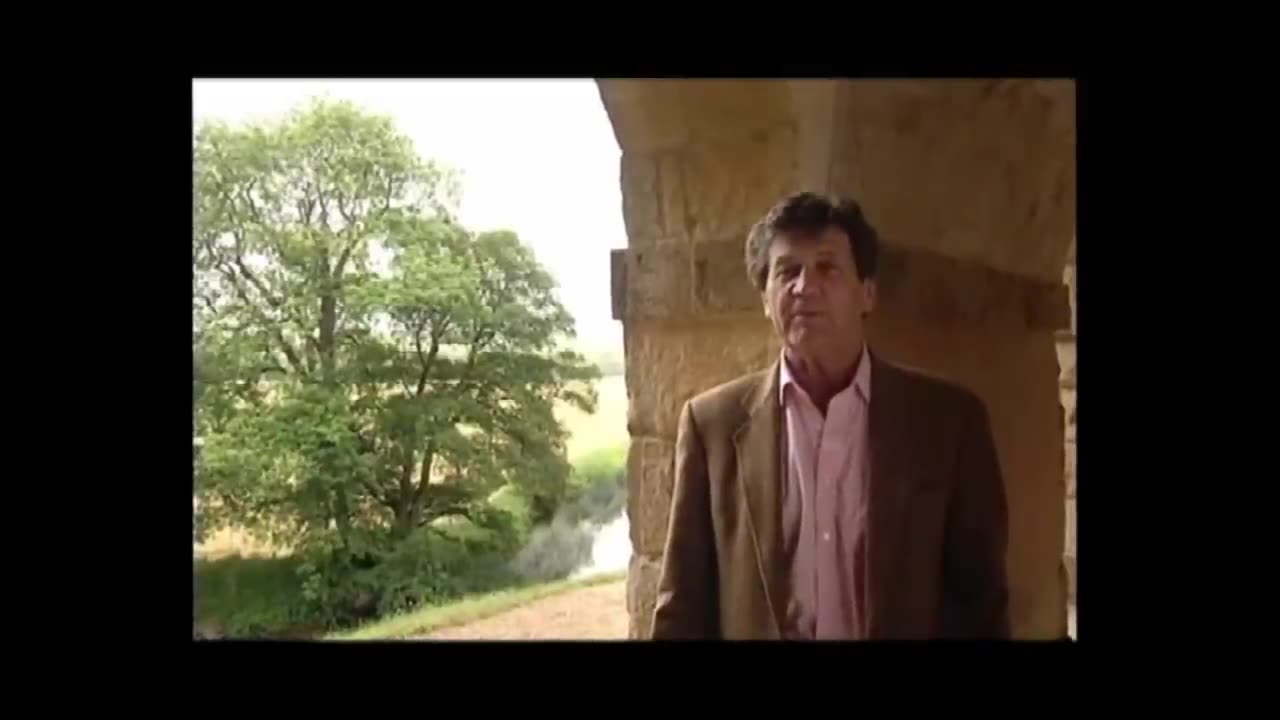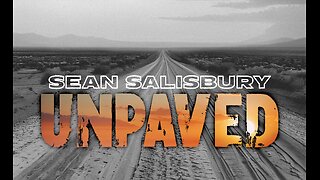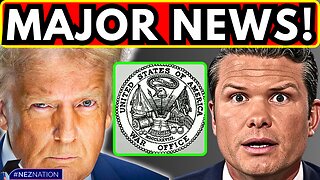Premium Only Content

The Adventure Of English - Speaking Proper - Episode 6
The Age of Reason began, and English scholars of mathematics and science like Isaac Newton started publishing their books in English instead of Latin. Jonathan Swift would attempt to save the English language from perpetual change, followed by Samuel Johnson who would write the A Dictionary of the English Language, made up of 43,000 words and definitions, written in seven years and published in 1755.
Though the upper and lower classes found no reason to change or improve their grammar, the middle class used it to their advantage in joining polite society. William Cobbett, a son of the lower middle class and writer of Rural Rides, advising those who wish to rise above their station that writing and speaking properly was essential.
As English began to replace Gaelic in Scotland it took on its own character, using "bonnie" from the French "bon" and "kolf" from the Dutch for "club", the probable origin for "golf". Several other words came from Gaelic, including "ceilidh", "glen", "loch", and "whisky". Pronunciation became an issue all over the United Kingdom, as some sounds could be spelt in several different ways, while one spelling could have several articulations. Irish actor Thomas Sheridan wrote British Education, a book that attempted to educate all English speakers in the proper pronunciation of words. However, some Scots were offended that their speech might be considered second-class and the Scottish poet Robert Burns, son of a poor farmer, became the hero of the Scottish language. William Wordsworth also became a champion of the ordinary peoples' English, suggesting that poetry need not be written using haughty vocabulary.
The turn of the 19th century marked a period when women were more educated and their speech and literacy improved. Novels were thought to be a frivolous occupation for females until Jane Austen wrote about the capabilities of such works in her own novels; her works were highly proper, often using words like "agreeable", "appropriate", "discretion", and "propriety".
Then came the Industrial Revolution and the language that came along with it. The steam engine changed the meaning of words like "train", "locomotive", and "tracks" to be associated with the new technology. Along with this age came a change of social situation; the term "slum" came into use, and Cockney rhyming slang became a new form of speech for those in the lower class.
-
 1:43:35
1:43:35
Russell Brand
2 hours agoTrump Demands Big Pharma PROVE Covid Vaccine Is Safe – Did Pfizer LIE?! - SF626
106K25 -
 LIVE
LIVE
Due Dissidence
4 hours agoIsrael THREATENS Greta, InfoWars Host QUITS, FL Losing $200M on EMPTYING Alligator Alcatraz
831 watching -
 6:09:56
6:09:56
Law&Crime
6 hours ago $0.41 earnedLIVE: Adelson Matriarch Murder Trial — FL v. Donna Adelson — Day 6
2.98K -
 1:08:04
1:08:04
Sean Unpaved
3 hours agoGridiron Shocks: Arch's Rough Start, Belichick's Tar Heel Tumble, & NFL Week 1 Buzz
20.3K -
 LIVE
LIVE
Professor Nez
2 hours ago🚨🇺🇸President Trump makes MAJOR Announcement from Oval Office TODAY!
288 watching -
 1:05:22
1:05:22
Timcast
4 hours agoLiberals Claim TRUMP DIED Or Is Dying And Will RESIGN Today At 2pm
124K111 -
 1:47:55
1:47:55
The Dilley Show
3 hours ago $13.83 earnedChicago in the Crosshairs, Grifters Crash Out and More! w/Author Brenden Dilley 09/02/2025
56.5K8 -
 LIVE
LIVE
StoneMountain64
2 hours agoBattlefield Portal has already been better than I realized
57 watching -
 LIVE
LIVE
Viss
3 hours ago🔴LIVE - How To Win in PUBG - PUBG 101
105 watching -
 10:04
10:04
Adam Does Movies
21 hours ago $0.24 earnedMortal Kombat II Delayed, Harry Potter Drama & Disney Reveal - Movie News
5.83K